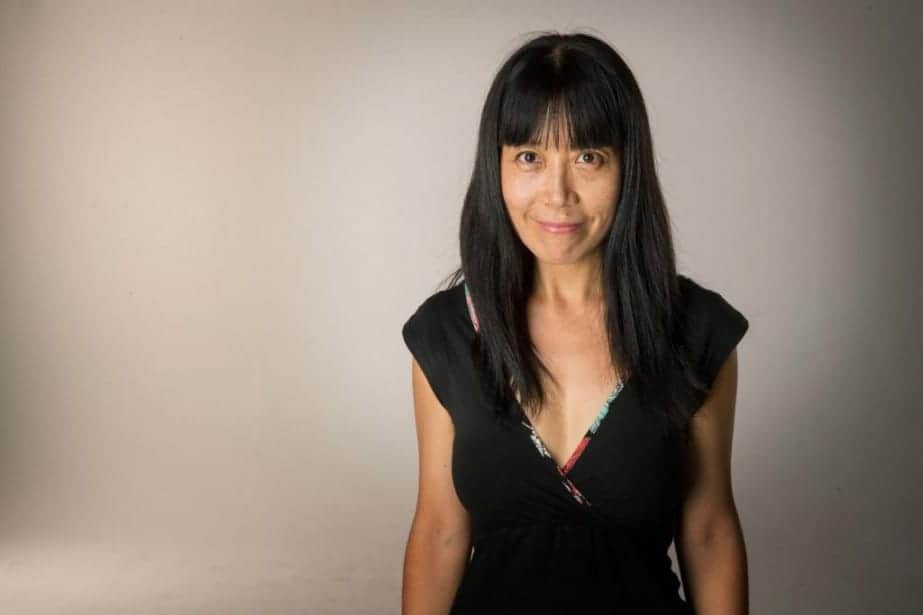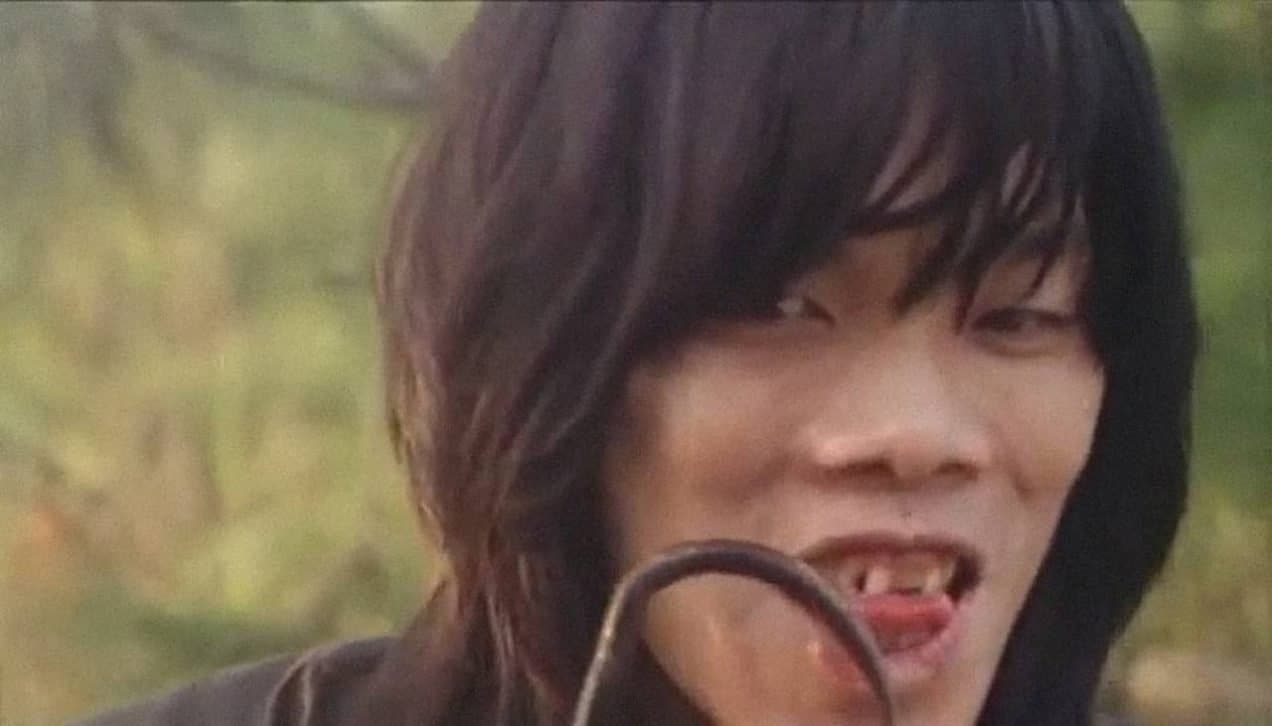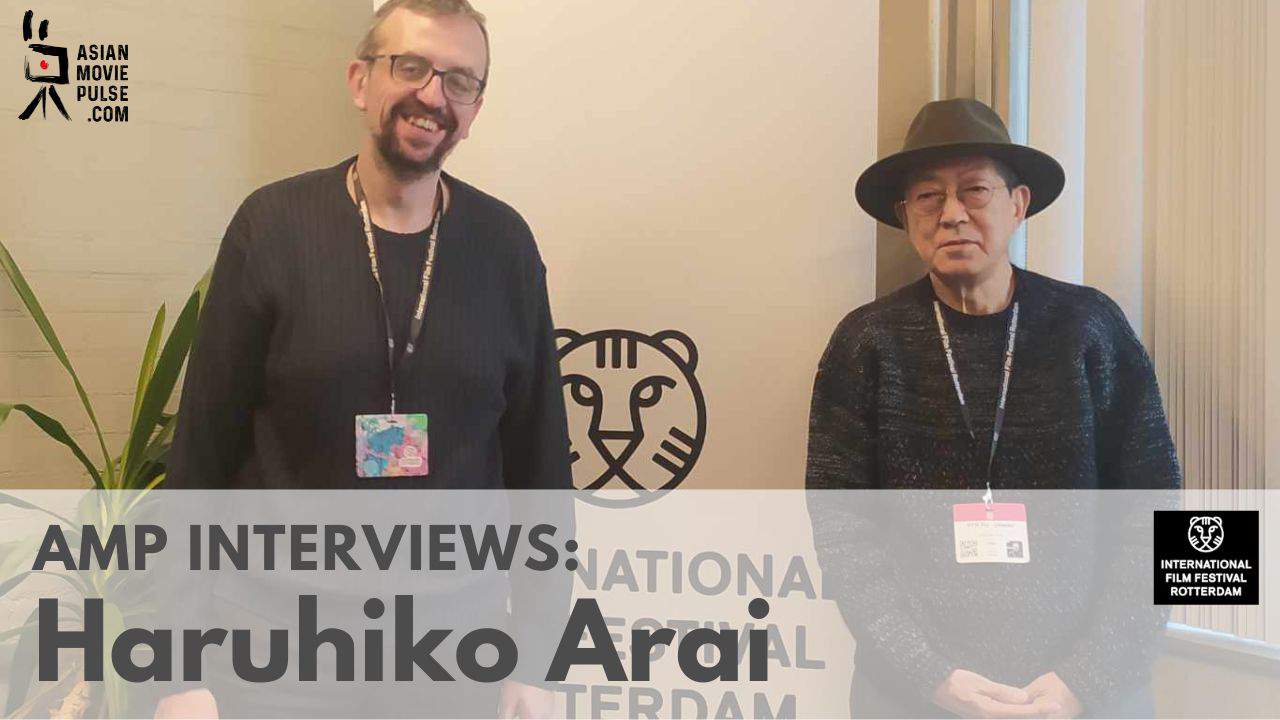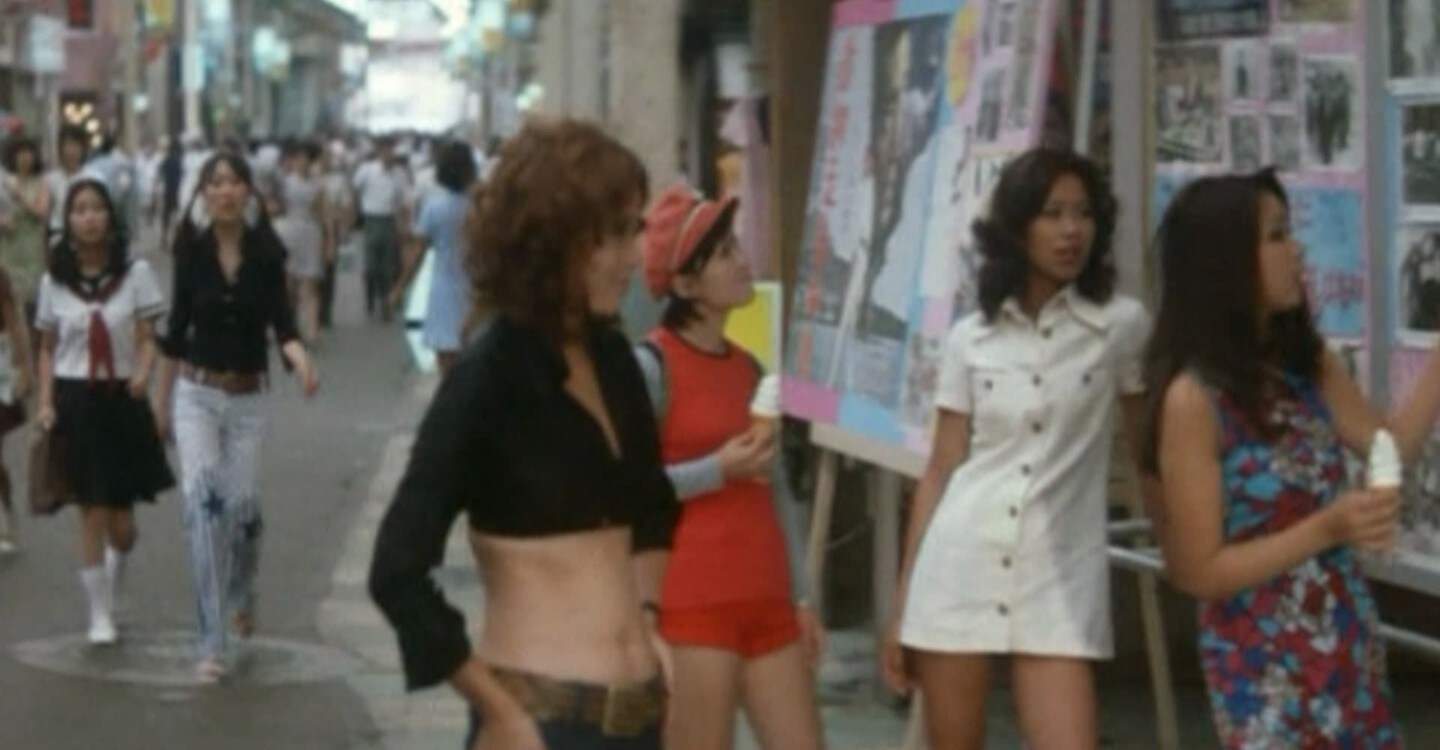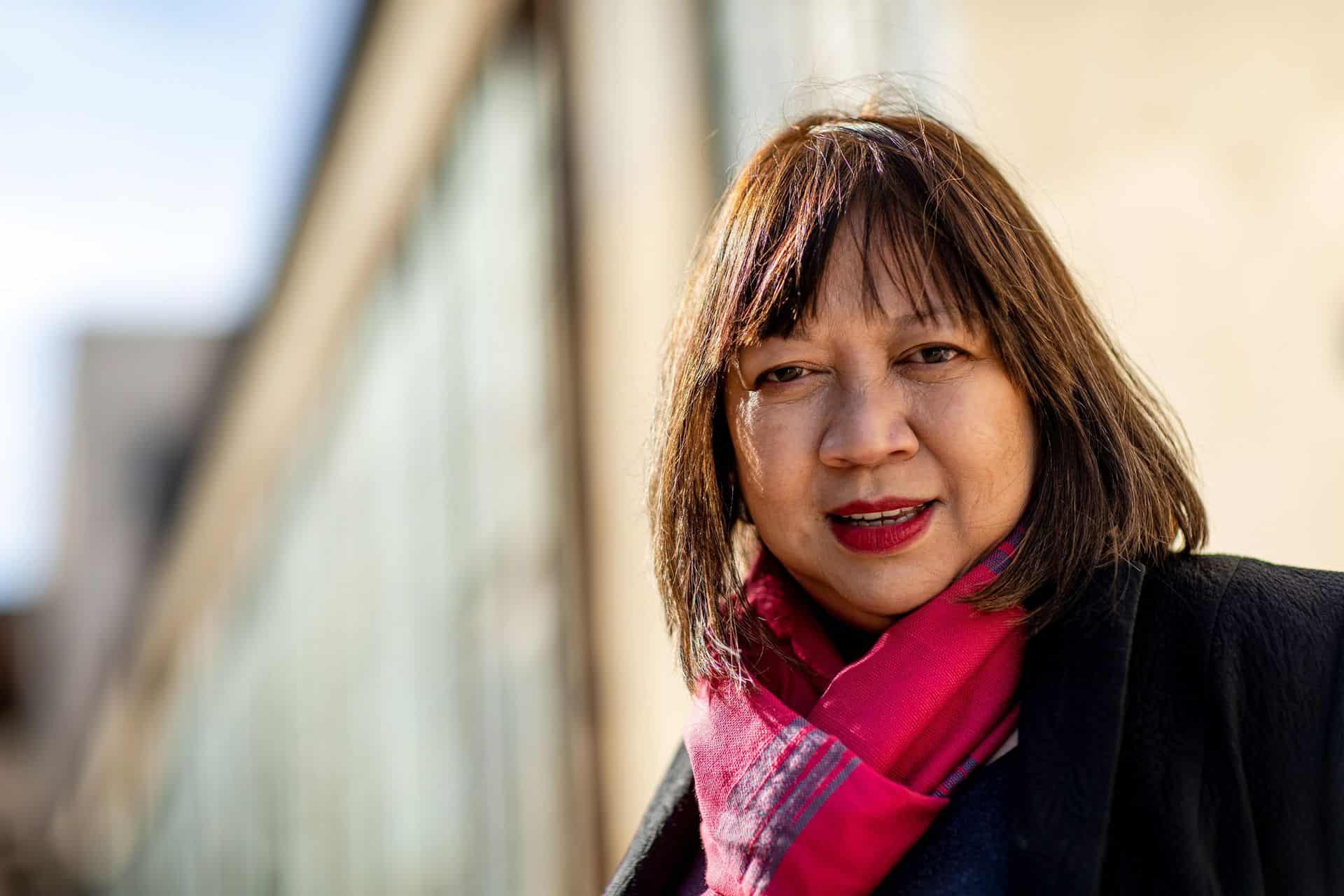Born in Dazu, China, Xiaodan He has studied film production at the Beijing Film Academy and later worked as an assistant producer and director. Her short film “Cairo Calling” and her documentary “The Fall of Womenland” have been screened at many international festivals, for example the Asian American International Film Festival, where she also earned the award for best emerging director.
Her new feature film “A Touch of Spring” is screening at Asian Pop-up Cinema Fest 2020 and tells the story of a woman whose marriage has deteriorated and she decides to return to her home country for a while reconnecting with her family and friends.

We sat down with the director to talk about the inspirations for the film, the casting and her return to her hometown to shoot her movie.
How did you come up with the idea for “A Touch of Spring”?
The whole film is inspired by a Buddhist thinking on human life: to live is to suffer, happiness is ephemeral and will leave us soon or later. In this story, with the life experiences of the different characters, I present the eight miseries of the human life that this Buddhist thinking mentions: birth, aging, sickness, death, the desire that we can not satisfy, the separation from who we love, the meeting with who we don't like, and the eighth is the nature of human life that can not avoid the other seven ones.
Can you tell us something about the meaning of the title?
As the director of the film, I wish to give comfort and hope to the people who don't give up happiness, although they are struggling in their life. The main character Li Fang leaves Montreal in a heavy and ugly winter, same as her actual desperate life, the early spring in the small town of Dazu signifies the hope of life.
Wensi Yan's performance as the main character Li Fang is truly great. Can you tell us something about the way your worked with her and also about the overall casting of the film?
I am very lucky and happy to have been able to find Wensi Yan through an audition for non-professional actresses in Montreal. Wensi Yan had never played a leading role in a feature film before. Li Fang gave her the first experience.
“A Touch of Spring” is also my first feature film, so I decided to work with her for each scene. I played all the other roles with her, we worked for a whole week together from 9am to 5pm. On the shooting set, I also kept discussing with her the important details. We had a very nice communication through the whole shooting, and also Wensi is a very sensitive and talented actress.
For the rest of the casting, I went to Beijing and Chong Qing to find out each actress or actor by myself. I had an audition with all of them in person. I was very lucky, all of them are very good professionals.

Do you have a favourite scene in the film or one that you are quite proud of? Can you tell us something about its creation?
It's hard to say which scene is my favourite one because I put the same effort and affection in each scene when we shoot. I can say there is one shot that I really see as a beautiful composition. It's the long shot when Li Fang stands alone on the mountain and shouts out. I almost gave up this shot because of the rain. During a break, the camera man, the sound man, my producer and I, we went back to the mountain to re-film this shot. Afterwards every time I looked at this scene, I found how important this shot is. It's kind of significant because of what Li Fang shouts out: when can I end my suffering, I've had enough!
What can you tell us about the significance of the city of Dazu for the film?
The origin of the film came from my birth place, Dazu, a small town in the province of Sichuan in China. Dazu is well known because of its millennium sculptures of Buddhism. I found that Dazu would be the perfect place to shoot the film. As the home town of Li Fang, Dazu represents her refuge where she can soothe her hurt and get back the comfort and courage.
What can you tell us about the visual approach of the film and your collaboration with DOP Glauco Bermudez?
The whole visual approach of the film was chosen from the very beginning to match the tone of the film: realistic, poetic and nostalgic. When Glauco went to do the location search with me in Dazu, the colour tone of Dazu confirmed completely our approach. Plus, the mist around the mountain added such a beautiful artistic conception.
Glauco is a very sensitive and meticulous photographer. He seized very quickly what I would have as the tone of the film. We had a very smooth and happy collaboration together. He is also a very patient person, all these qualities have helped us to try to get the images as beautiful as possible for each shot.

Thus far, what were the reactions to the film?
So far the film has received much recognition from critics and with audiences. We received the award for Best Drama at Festival of Independent Cinema and Best Emerging Director at the 41st Asian American International Film Festival of New York, to give a few examples.
“A Touch of Spring” has also been screened at many festivals, such as Cannes 2018 and Rendez-vous du cinema Québécois. The reactions to the film have thus far been very encouraging and positive.
Also, with “A Touch of Spring”, I became the first director of immigration in Canada and Québec who has received the governmental grant to produce a feature film. I am very grateful for that honor.
Are you working on any new projects at the moment?
Yes. I am working on my second feature film. The script is already finished. The script writing has also got the support from SODEC and The Canada Arts Council. The story is about a Chinese immigration family in Montreal, how the whole family passes through a big blow initiated by the main character, a 53-year-old woman's life secret.


